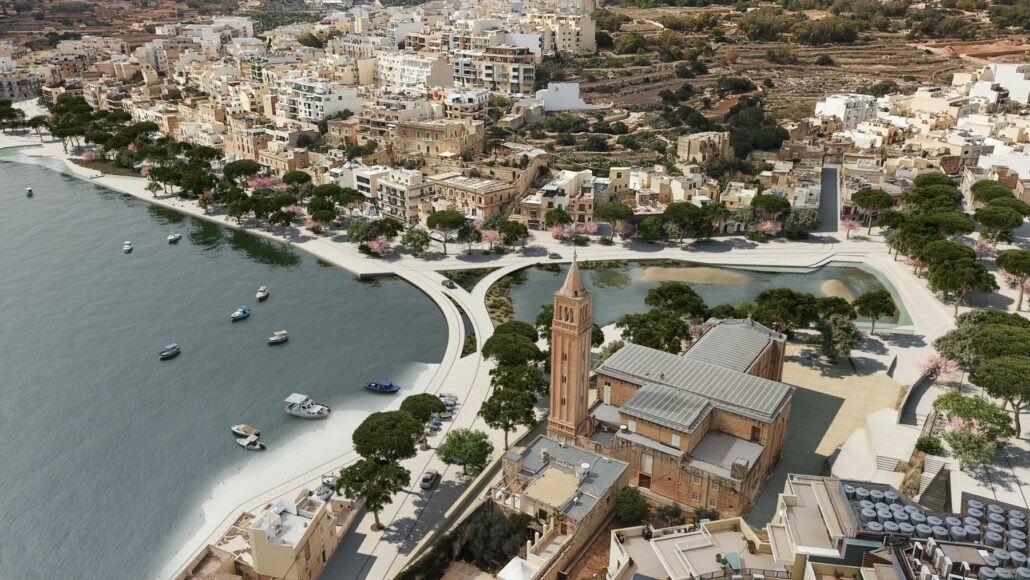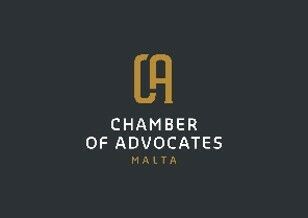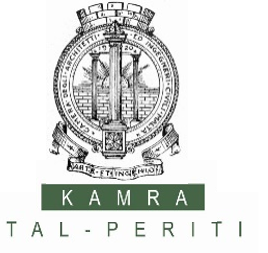PR 11/25 | KTP marks World Architecture Day 2025: Reiterates call for National Architecture Policy
The Kamra tal-Periti (KTP) joins architects worldwide in celebrating World Architecture Day 2025, established by the International Union of Architects (UIA). This year’s theme, “Design for Strength”, calls on architects to embrace approaches that enable the built environment to withstand, adapt, and regenerate while promoting equity, continuity, and resilience.
At a time when Malta’s planning system has once again become the subject of public controversy, this theme resonates profoundly. The recent debates surrounding the government’s proposed planning law reforms have reignited public frustration over overdevelopment, the erosion of environmental quality, and the growing disconnection between planning policy and public wellbeing.
Yet, amid the polarisation between developers and environmental activists, architecture – the very discipline that shapes the spaces we live in – has been completely sidelined.
For decades, Malta has been burdened with a planning system designed to legalise architecture rather than enable it. A system that seeks to codify design into rules and formulas, believing that good architecture can be legislated into existence. It cannot.
While legal certainty is essential for regulating processes, it is anathema to the creative and contextual nature of architecture. Laws may provide clarity for lawyers defending or contesting permits, but they do little to support architects striving to create spaces that uplift communities, respect context, and enhance the environment. The evidence of this failure is visible in every corner of our towns and landscapes.
KTP notes with dismay the mockery expressed in public debate toward proposals aimed at elevating spatial, architectural, and contextual considerations in planning decisions. These are not subjective whims; they are the very foundation of high-quality, resilient, and meaningful built environments.
To “Design for Strength” in Malta, we must first design for integrity – of our profession, our institutions, and our public spaces. True resilience in the built environment requires a vision that transcends short-term interests and procedural certainty. It requires a commitment to architecture as a cultural, social, and environmental act.
For this reason, on this World Architecture Day, the Kamra tal-Periti reiterates its long-standing call for Government to partner with it for the development of a National Architecture Policy for Malta – one of only two European countries that still lacks such a framework. This policy would establish a national vision for architecture, urban design, and placemaking rooted in quality, sustainability, and cultural identity.
A City of a Thousand Gardens by Openworks Studio – Winner of the President’s Award for Best Overall Project at the 2024 edition of Premju Emanuele Luigi Galizia






